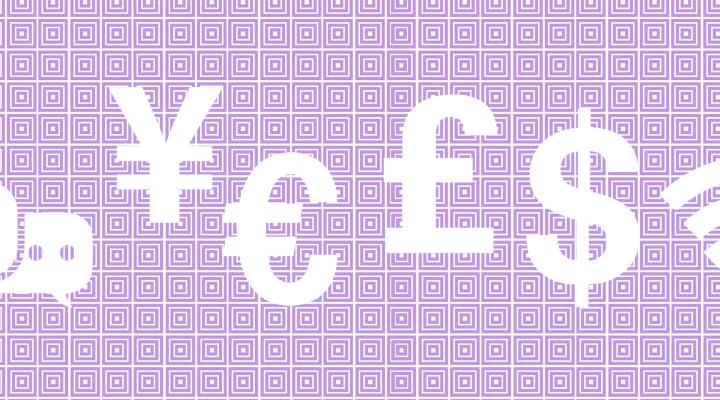It is a well-known fact that one of the things financial markets hate most is uncertainty.
There are a lot of other things the market hates, but the ‘devil-they-know’, will almost always be preferable to the one they don’t know, even if the ‘fundamentals’ are not there.
This year, the markets have, by and large, underlined their love for certainty – surging on promises of government support from the US Fed and from Chancellor Rishi Sunak, propelling stock market prices higher, despite the ravages of the pandemic and the anticipated economic fall-out to come
Whatever bad news emerged, as the virus swept the western world, there seemed no end to share price enthusiasm. Many observers were perplexed over how long this apparently counter-intuitive bull market could go on, considering the tax rises anticipated to follow. And, towards the end of October, the reckoning finally seemed to have come.
Share prices in London and New York tumbled to their lowest levels since March, when brokers took fright over Covid, before the regulators stepped in with reassurances. So, was this the long-awaited end to market ‘madness’? In short, no.
Will Covid chaos hit the markets?
According to Associate Professor of Finance at Oxford’s Said Business School, Bige Kahraman, October's down-tick in share prices was a reflection of that market bête noir, uncertainty.
‘There was a lot of uncertainty prior to the US election,’ she said. ‘In the US, the market was uncertain about what was going to happen and that had an effect on prices.’
Traditionally, on entirely business grounds, the markets have preferred a Republican in the White House. It generally means low taxes and a benign business environment. But that old enemy uncertainty trumps everything. And, since the election, the Dow Jones has risen consistently – even more since it became clear that President-elect Joe Biden is heading for Pennsylvania Avenue.
The indices do not represent the whole economy.
Professor Kahraman said, ‘The markets are now back up to pre-Covid levels...the falls in October were just market uncertainty.’
But can this really go on for much longer? Will the reality of Covid economic havoc ever bite for the markets?
‘The indices do not represent the whole economy,’ explained Professor Kahraman. ‘Hard hit firms in the small and medium sectors are not represented in the markets...In fact, many of the really big firms which are represented have done very well recently.’
Tech firms 'safer'
According to Professor Kahraman, big tech companies now account for some 30% of the equities markets and represent a safe haven for investors, who do not see any returns from interest-bearing accounts.
Plus, many tech firms have seen revenues going up during the pandemic, even if advertising revenue has gone down for the likes of Facebook and Google. ‘Amazon has worked really well,’ said Professor Kahraman. ‘Its business model is proving more successful than ever.’
The tech firms have emerged as the new ‘blue chip’ investments, ‘safer, whatever the fundamentals’, according to Professor Kahraman. ‘If investors want to put their money somewhere, these tech firms seem unlikely to go down that much.’
But, she said, ‘Prices are inflated right now. In a couple of years, there may be a return to real interest rates and that could have the effect of correcting the market.’
There is no sentimentality in the markets. Professor Kahraman said, ‘The falls were just election uncertainty. With a Democrat elected, the market is relieved, but not celebrating.’
This article was first published in the Oxford University Arts Blog.



